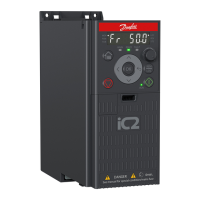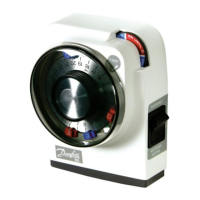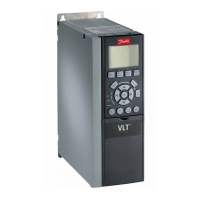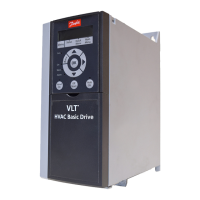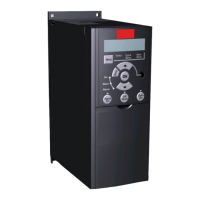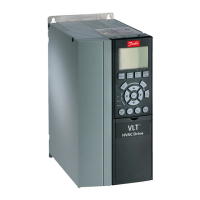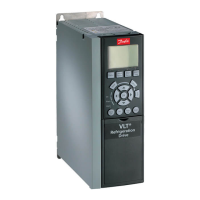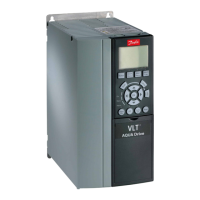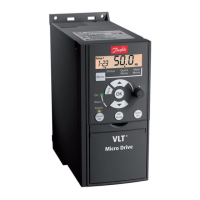Design Guide | iC7 Series Liquid-cooled System Modules
6 Cooling Requirements
6.1 Safety in Liquid-cooling
WARNING
POISONOUS COOLANTS
Glycols and inhibitors are poisonous. If touched or consumed, they can cause injury.
l Prevent the coolant from getting into the eyes. Do not drink the coolant.
CAUTION
HOT COOLANT
Hot coolant can cause burns.
l Avoid contact with the hot coolant.
CAUTION
PRESSURIZED COOLING SYSTEM
Sudden release of pressure from the cooling system can cause injury.
l Be careful when operating the cooling system.
NOTICE
INSUFFICIENT COOLING CAPACITY
Insufficient cooling can cause the product to become too hot and thus become damaged.
l To make sure that the cooling capacity of the cooling system stays sufficient, make sure that the cooling system is vented and
that the coolant circulates properly.
NOTICE
DAMAGE TO COOLING SYSTEM
If the coolant circulation is stopped too soon, high-temperature components can cause rapid local increase in the coolant
temperature, which can damage the cooling system.
l Do not stop the cooling system when stopping the drive. Keep the coolant circulation flowing for 2 minutes after the drive
has been stopped.
6.2 General Information on Cooling
NOTICE
The maximum pressure in the cooling system cannot exceed 5 bar.
l Equip the cooling system with a relief valve.
The product is cooled with liquid. The liquid circulation of the drive is usually connected to a heat exchanger (liquid-to-liquid or liquid-
to-air) that cools down the liquid circulating in the cooling elements of the drive. The cooling elements are made of aluminum. That is
why the coolants allowed to be used are demineralized (or deionized, or distilled) water with corrosion inhibitors, or a mixture of this
type of water and glycol with corrosion inhibitors.
Danfoss Drives Oy © 2024.03 AJ475942178716en-000101 / 172K2848A | 37

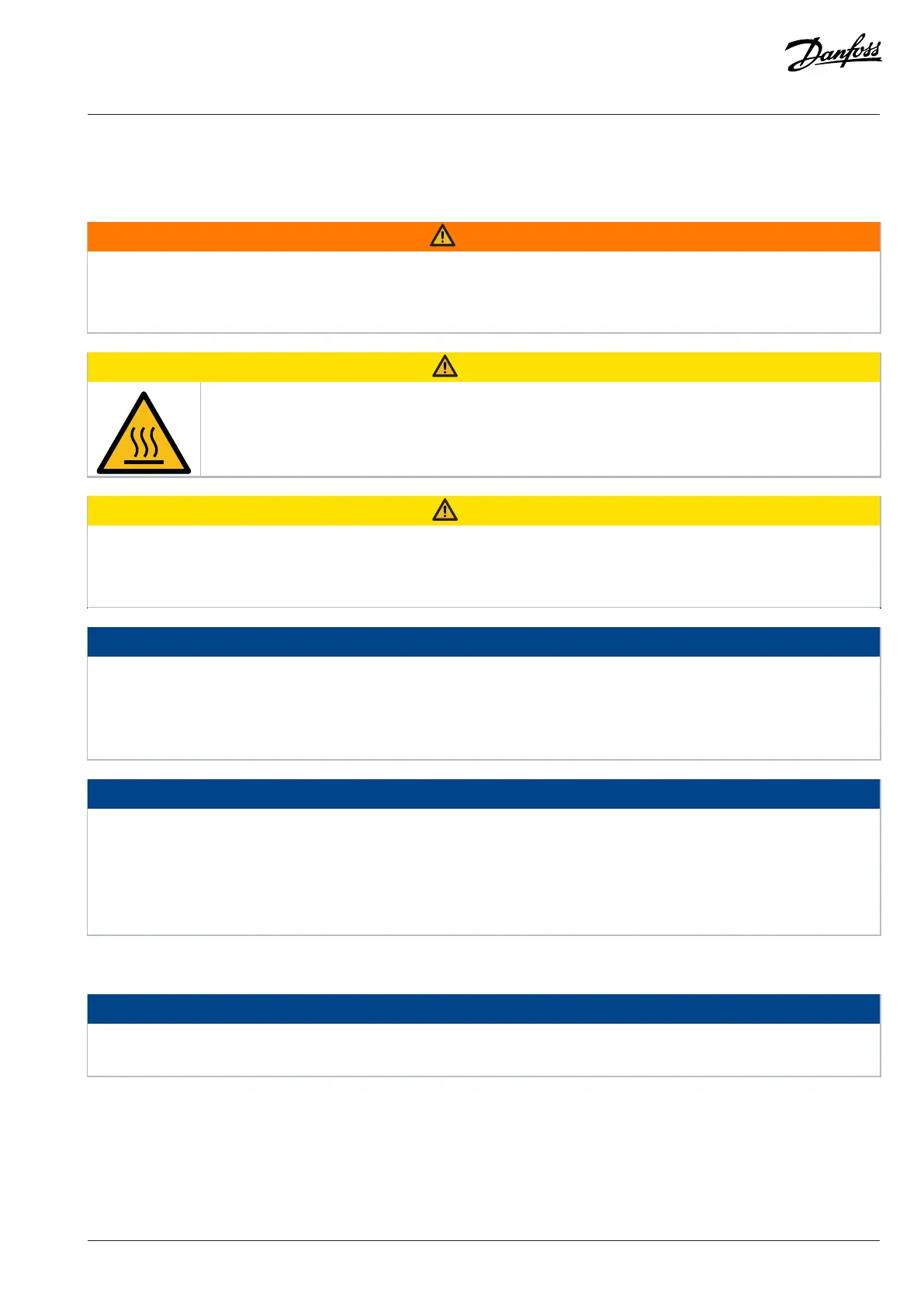